Little white lies
The creek was a little jewel in the White Mountains of eastern Arizona. I hadn’t been there in years. I remembered that the fishing was excellent, though the fish, like the stream, were on the small side.
It was a cool autumn day, not a cloud in the sky. I rigged up a short bamboo rod with a hopper, not quite knowing what to expect, because fall fishing can be a crapshoot. You read about it and every now and then see the evidence first hand: Big browns like to fatten up in the fall. It’s a go-to story for sporting magazines – Big Daddy lurking under some cut bank, but even the most optimistic stories admit that it’s not a sure thing.
I changed flies often, leaving a few in the trees, and after a couple of hours I had caught just one fish, a pretty 6-inch brown trout that slowly nosed up and sipped a small parachute Adams. That’s something else you almost never read about in sporting magazines – the slow day on the water, but it happens. It happens to everyone, even on small streams with small, dumb trout.
As I left I wondered if the place had really fished as well as it did in my imagination. Then I remembered I had a few fishing logbooks that might shed some light on that. The logbooks had entries for number of fish, weather, flies used, phase of the moon and other details. Just the facts.
When I got home I flipped through them and was surprised to find that the good old days weren’t always that good, that I had a lot of slow days on that stream. I remember that there were days I did well, too, though, conveniently, over time I have replaced logbooks with notes, which don’t always say how many fish I caught.
Fishing is always a mixed bag. The good days stand out more, the bad days keep you humble, or should, but you forget them as memory sorts itself out over time, replacing details with story. It’s not that getting skunked rises to the level of psychological trauma and you actively suppress it, but why would you remember it?
Fishermen lie. You take that into account when talking to other anglers, the guy at the fly shop, the guy in the parking lot, and sometimes, guides. But anglers can also lie to themselves. Most of them are little white lies, the standard internal dialogue that, half the time, is just chatter: This stream fished better in the old days. I’m going to do something about these leaky waders when I get home. One last cast.
In theory, fishing writers are supposed to tell the truth, but also, tell a story, which is not the same thing as a notebook dump. Nobody wants to know, in excruciating detail, about the hours/days/weeks of slow fishing before you caught Big Daddy. You need to pass over that detail quickly and get to the point: We had to work at it, but we fished hard, and late in the afternoon, Big Daddy ate my Griffith’s gnat and took off like a bottle rocket.
I love to fish in the fall: The warmth of a campfire, the people gathered around it, the dogs curled up, stars spackled between cottonwoods, moonlight on a meadow. Walks long and short, the reminders of winter days to come: aspens flashing yellow, the bright colors of brown trout, the cottonwoods and maples, until at last one fall day the colors are brown and gray, the air has a bite. Another autumn has passed, but is in your memory, a part of you, like an oak with its rings, one for each year. You may not always get them in the right order and the colors are not always at their peak, but they’re in there somewhere.
Maybe I’ll take a closer look at the logbooks and notebooks one of these days and really dig down to get some hard facts, or maybe I’ll let it go. Memory is not infallible, but it’s not always wrong, either.
It was a great day on the water. You should have been there.
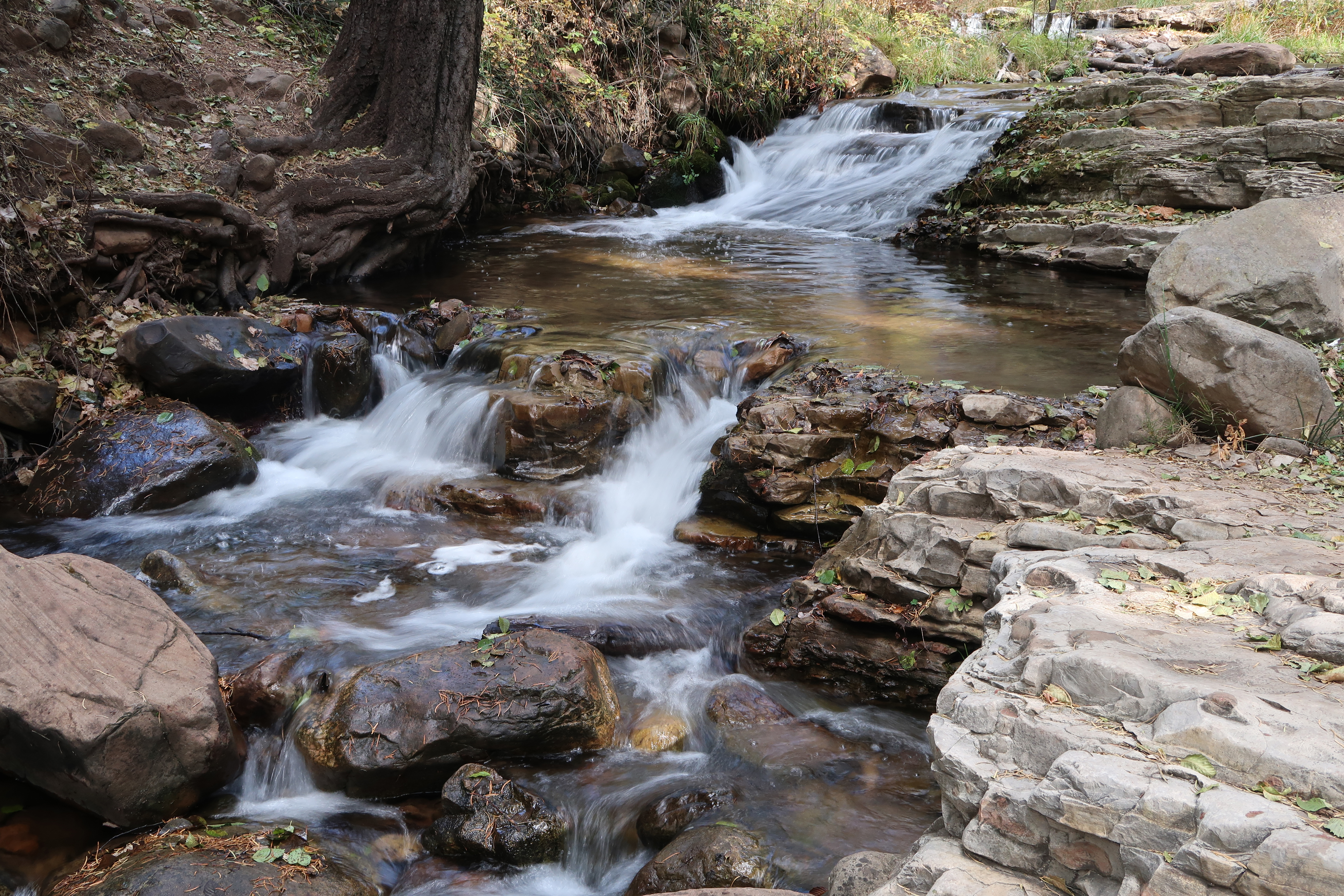
Little White Lies: Part II
Years ago, I caught a good brown trout from a small stream in northern Arizona. As I recall he was about 16-inches, enormous for that water.
That fish wasn’t in the logbooks. For about the last decade I’ve kept notes instead, so I dug through them and found that most of my memories of that day were accurate. I had forgotten a few details. It was springtime. The day was warm, the trees were budding and the hour was late. I walked four miles uphill to a waterfall that shot out of rough, dark stone to form a little creek. Backpackers had pitched tents nearby on whatever patch of flat ground they could find and lit campfires. I started back, and after a quarter mile or so a backpacker who saw my fly rod told me about a nice-looking fishing hole near his camp.
I tied on a small Adams, and it took a few tries to figure out that a roll cast was going to get me caught up in the trees, but a side arm cast would get the fly on the water. I cast a few more times and a good brown trout rolled up to eat. When I finally landed it I measured it against my boot. Later, I laid my boot by a tape measure later and figured he was about 13 or 14-inches. Funny how I remembered just about every detail accurately – the hike upstream, the difficulty getting the drift – everything except the size of the fish. I also didn’t remember the hike out, other than I had a long way to go and didn’t fish any more. What would be the point? I wasn’t going to top that fish, so I savored the moment and walked down the hill. Stars were shining when I got back to the truck.
Not long ago I backpacked into that same creek and caught fish, all of them the 6-inch fish you would expect out of such a small stream. Mostly, I caught them by just being there and getting a good drift, which are the two most important things in fishing any stream, and that was a great day too.
A hundred fish (part III)
Lie after lie: That fish was 18 inches. Twenty. I’m going to organize my gear, clean my fly lines, patch my waders.
Perhaps my worst fishing lie is the one where I tell myself I’m going to fish more often. Then life gets in the way. We all have deadlines to meet, bills to pay, the usual crap that somehow piles up when we’re making other plans.
There was a section of water that I was dying to get to before winter, but things kept coming up. It was a small stream that I had written off as unproductive until a co-worker tipped me off: Big fish in there. I somehow convinced a friend of mine that it might be a good place for an overnight backpacking trip. He doesn’t fish, but he went along with the idea anyway, so we threw our packs into his Trooper and headed to the high country. We drove around looking for the trailhead, taking a few wrong turns along the way, relying on a weird combination of map reading and memory, which got us talking. He started to say that your memory can play tricks on you, and we both said it at the same time: but it’s not always wrong either.
“I condense time and miles,” Tom said. “I kind of peanut butter over the bad stuff.” Not long after this we came to a roadblock and a sign that said the trailhead was closed for a construction project, and so my fishing trip unraveled, and I told myself I would get in there in the springtime and who knows, maybe I will, or maybe it was a lie I told myself to take the edge off the winter breeze that swirled as we set off on another trail, into the woods, the fly rod left in the Trooper.
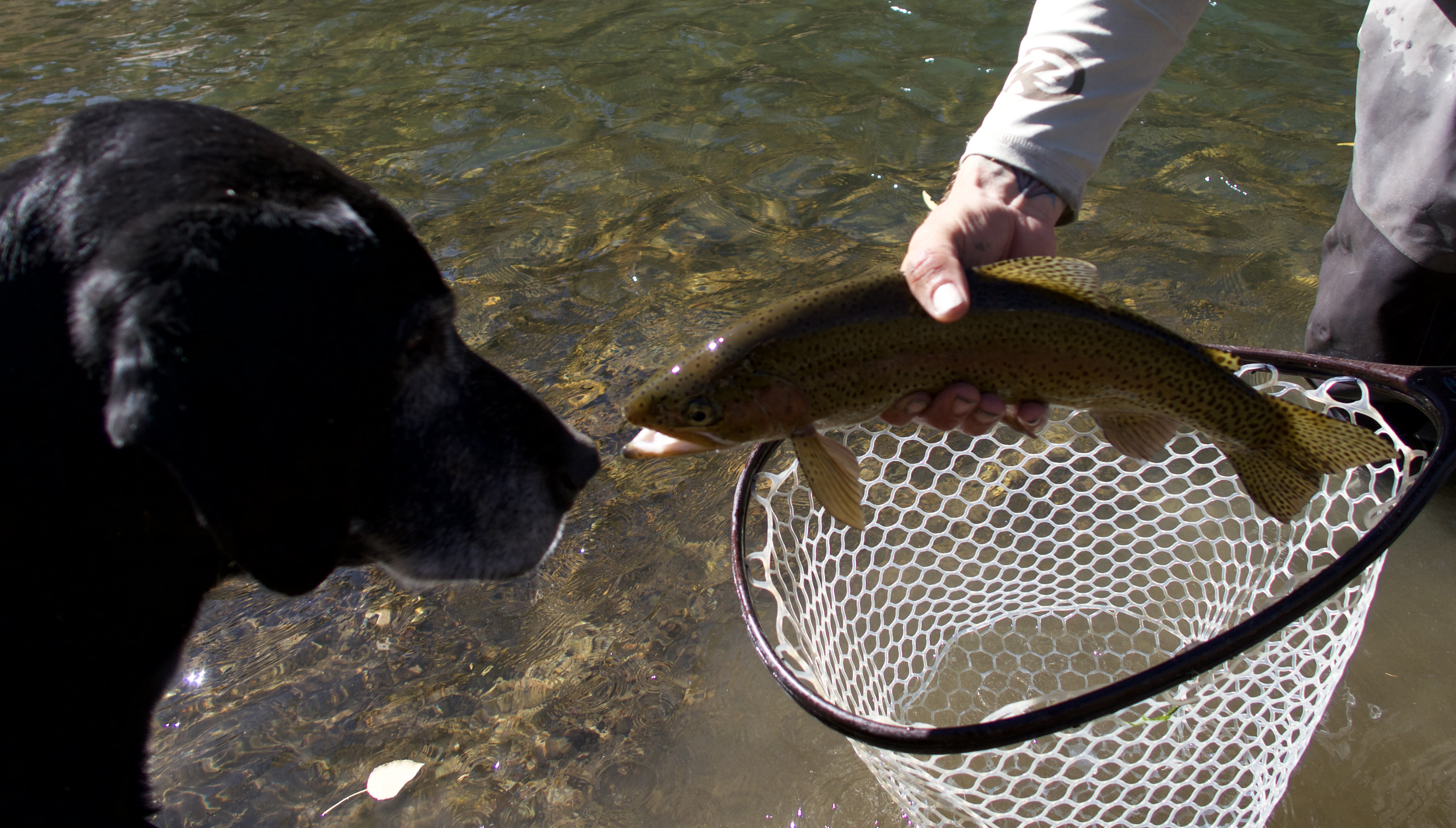
Memory is a filter, preserving the good, editing out detail, redundancy and pain. I’m not sure I’d trade my memories for the real thing even if I could. I have a lot of great memories of people and places, a lifetime of work and play that begins somewhere back in Iowa and meanders around the Southwestern United States for decades. I was sober and hard working, my girlfriends were smart, fun and good looking, my dogs were loyal and well trained. I caught a lot of fish – big, fat trout with broad shoulders and bright colors. I didn’t make much money, but I did the best I could with what I had, which is what life is really all about.
That can get lost in today’s fast-moving world. Far too many people seem to break down reality to a set of numbers. Income. Profit. Share price and net worth, so it’s only natural that they transfer that thinking to fishing – numbers of fish caught, size of fish, nothing but the best gear that money can buy – the usual trappings of a consumer society that doesn’t know when to quit.
Time on the water is a chance to leave all of that behind, to take in the beauty of a mountain stream, the colors of a brook trout, the timeless act of walking and living in the moment without looking at your watch or cell phone. Focus too much on keeping score and a trout, speckled and free, becomes number seven, to paraphrase Thomas McGuane.
Numbers just can’t tell the whole story. We think in images, stills and video clips of past, present and future. I’ve worked for companies that perceived me as little more than a set of numbers: pay, benefits, age, job description. A human resources person might also note that I had a certain level of experience, which would be broken down in years, not in actual experiences. I made friends at those jobs, people that I can still sit down and have a beer with. I married a wonderful woman who worked on one of those jobs, granted her a divorce while starting another. I rambled around the state on the company dime. I left the office a time or two to track down lost dogs, and my bosses were pretty cool about it. Not much of this would show up in my file.
I swear this is true. One day, my boss and I were trying to figure out what I should do for a story on the White Mountains. She said: Why don’t you just go up and fish?
So I did.
It’s hard to look back on a lifetime of fishing and feel guilt, sadness or remorse. Perhaps there are regrets – anyone who says they have none isn’t thinking very hard – but most regrets come with the benefit of hindsight, and they’re usually not worth losing sleep over.
Anglers are people – happy, horny, cranky, sad, and we all have stories, some true, some a distilled version of the truth. What sets one apart from the others is not the ability to catch a lot of fish or big fish, it’s the wisdom to stay humble and be thankful for the opportunity and the experience. There just aren’t that many people in this world lucky enough to spend their days catching fish, much less letting them all go.
A while back I hired a guide on a Colorado mountain stream. I had fished it for years, enough to know that it was a tough river to fish. The guide took it a step further and said it was the toughest river in the lower 48, yet throughout the day he talked about hundred fish days. Could he have been talking about the same river? I suppose he was. Filter out the bullshit and you come up with this: The place fishes better some days than others, which is true of just about everywhere. I didn’t need a guide to tell me that. I didn’t need one to tell me that I should come out during the green drake hatch either, because it was in my notes, but for some reason, that lesson stuck with me when the guide – he of the hundred fish days – said it again and again. The following summer I worked a trip around that hatch, and I did pretty well.
I could toss out some numbers, but what would be the point? Take my word for it – the fishing was great.
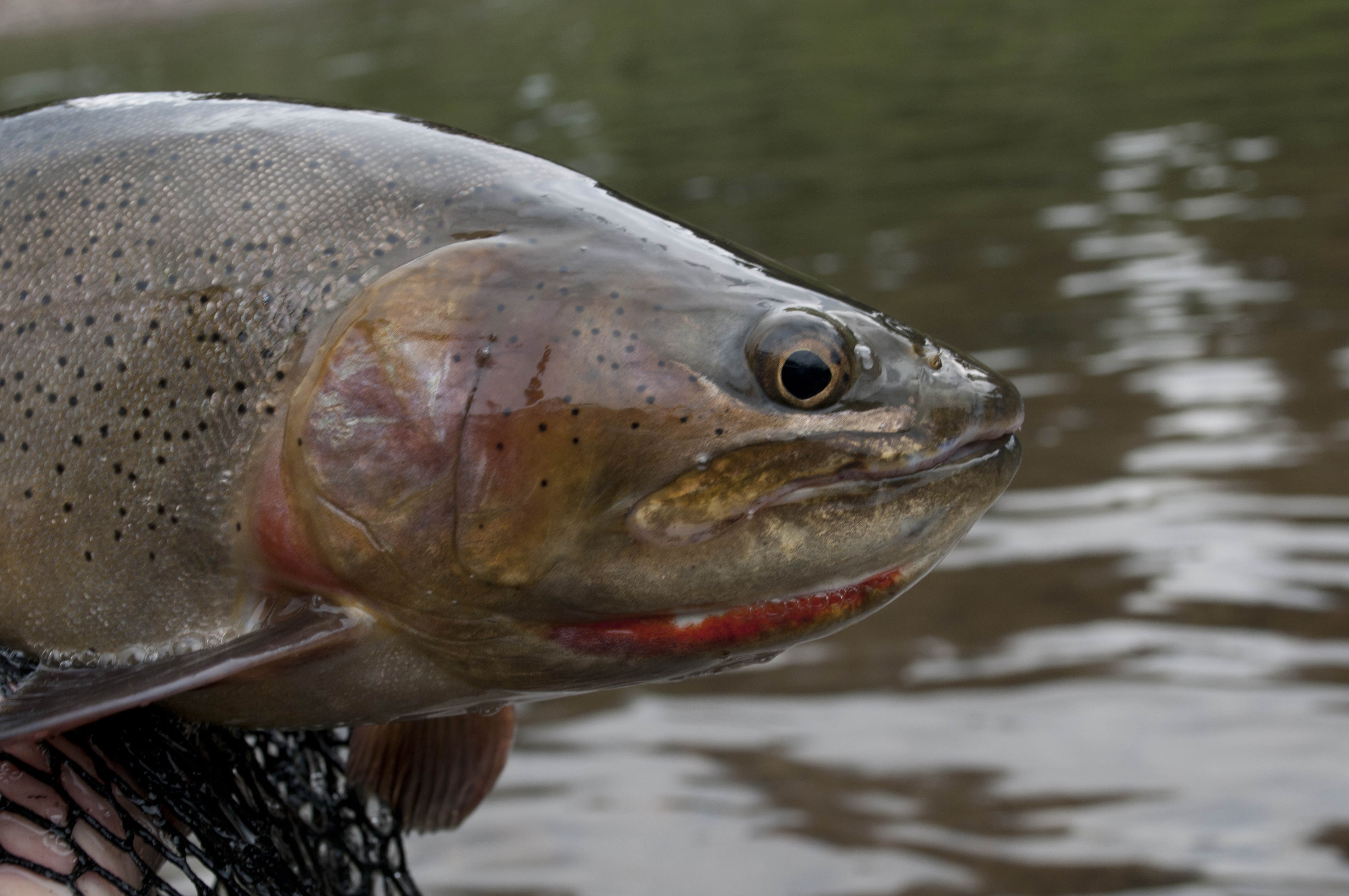
Excerpt: The Magic Bug
Morning spilled across the lake, golden and calm, the silence broken as geese honked and cattle bawled and I moved gear into the truck. The engine turned and the miles went by quickly, the truck rattling out of aspen and fir and back into juniper hills, down to straight highways that passed miles of farmland and small, gritty towns on the arid plain.
I started fishing the next river on my list, where I went hours without a strike, then took a nice brown around lunchtime. And another after that. The fish were taking big, rubber-legged nymphs. I seemed to be missing strikes, so I dropped the indicator and took a couple more fish with a short, tight, line. The day had some promise.
After lunch I started working another section of stream, moving quickly from one hole to the next. I lobbed the nymph into a slack water pool behind a rock the size of a refrigerator, then fished the deep bend behind it without a strike. The river turned to a fast, whitewater flat after this. It looked slippery and unwadeable, potentially deep in places. As I started back I pitched the fly behind the refrigerator boulder again and the line went tight. The rod tip danced.
The fish carried line into the deep water I had just fished. I worked to control the head, to keep it away from the fast water, trying to strike that delicate balance between tiring a fish and letting it run. It came to the surface briefly, a bright flash, then made another run. Things got ugly when I got it to the net because it didn’t quite fit in the net, but after a couple of attempts I got it in, folded up like a tortilla, slippery and bright. I laid the fish against the rod and noted where its nose came to rest, snapped a few photos and let it go. It was a cutthroat, about 20 inches, and it made my day.
I only caught one more fish that day, a rainbow that also filled out the net nicely, though it didn’t bulge at the seams like the cut had. I found a place to camp, set up a tarp as a light drizzle began, ate homemade chili as it grew dark and the clouds drifted over mountaintops.
All week, I had been chasing something. I drove miles across dusty gravel roads, lonesome stretches of blacktop, and it all came together here. Clouds were spinning, rain was falling, and I didn’t care. I had finally settled into a rhythm, the fish were biting and life was good. The next few days, I followed rivers. I drove around in my waders, a fly rod strung up in the back of the truck. I marked time by streams fished and fish caught and changing light. I ate chili and burritos for days on end, drank cold beer by a warm fire. The magic bug kept working as I fished my way home.
On my last day I stopped to fish new water, a freestone river where a big fish took the magic bug and moved into a hole in a rock. I reached in to dislodge him, bending over to work the line by hand, but broke the line. My shirtsleeve was soaked. I spent the next couple hours catching fish, before it was time to move on, past the turnoff for the San Juan, where raccoons roamed, deer walked, coyotes howled, frogs croaked and crickets sang in the night. I could picture them on the water, the men and women knee deep in cold water, casting nymphing rigs in short, methodical strokes.
When I got home, I had some vacation time left, so I penciled in another solid week of fishing on streams with Spanish names, and when the trip rolled around, it went a lot like the first trip, without doubt or angst. It was autumn at the San Juan, a time when mayflies hatch, geese move and deer walk along the river and the cottonwoods turn and the leaves carpet the ground. I caught fish, though not the way I had in my daydreams. I drove from place to place and moved on. I was living out of a truck, a backpack, fly rod and camera close by. Soon, it would be time to go back to the office, to the dogs and the to-do list at home. Summers pass, autumn nights slip by, my vision fades slowly, mammals large and small roam the edge of camp from time to time. Anything can turn your fortune on the water. A cold front. A hatch. A magic bug. Maybe someday, I will learn exactly when to change flies, tactics, riffles or streams. Maybe someday, I may learn to fish, and to live, without complaint.
Gray’s Sporting Journal, May/June, 2015
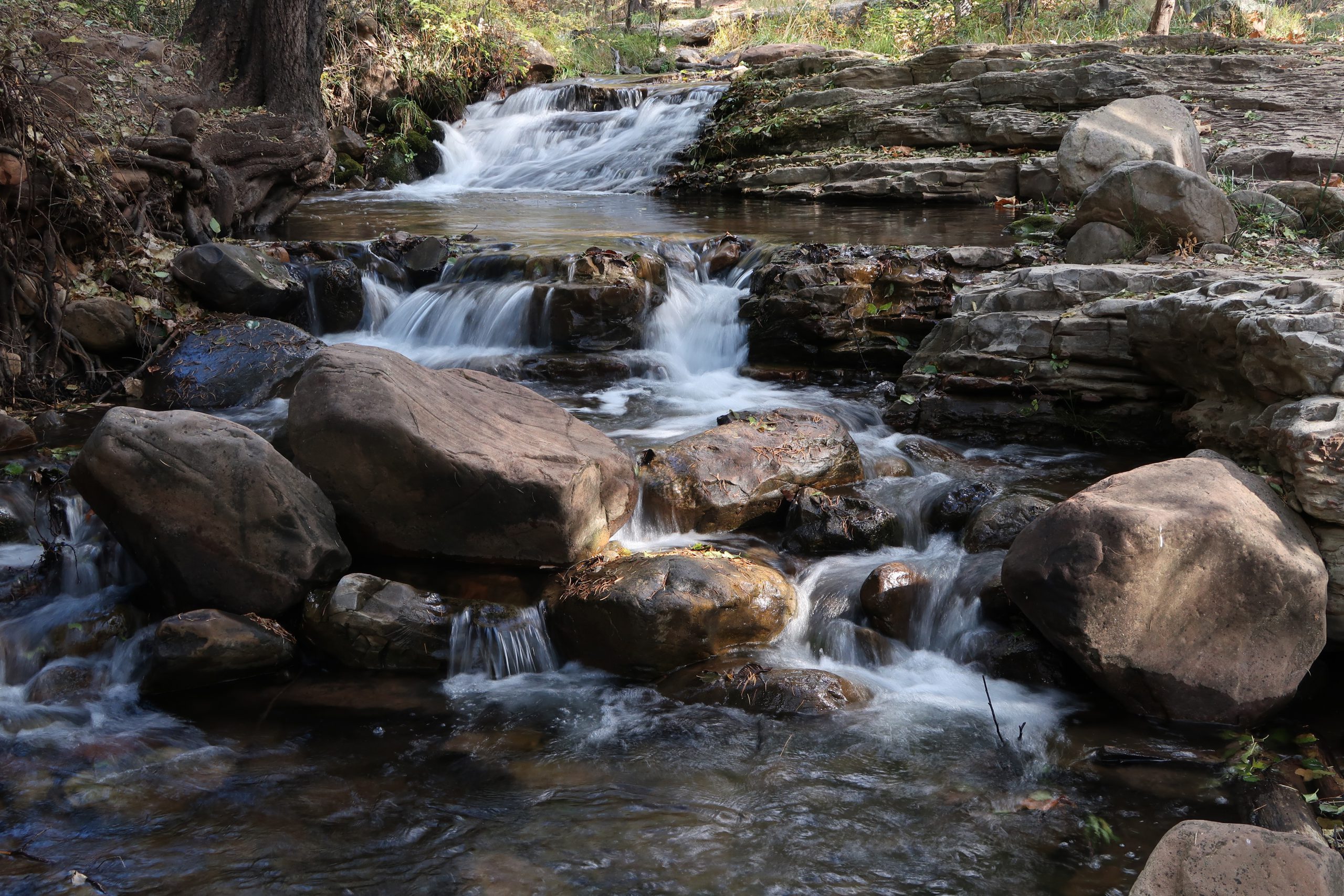
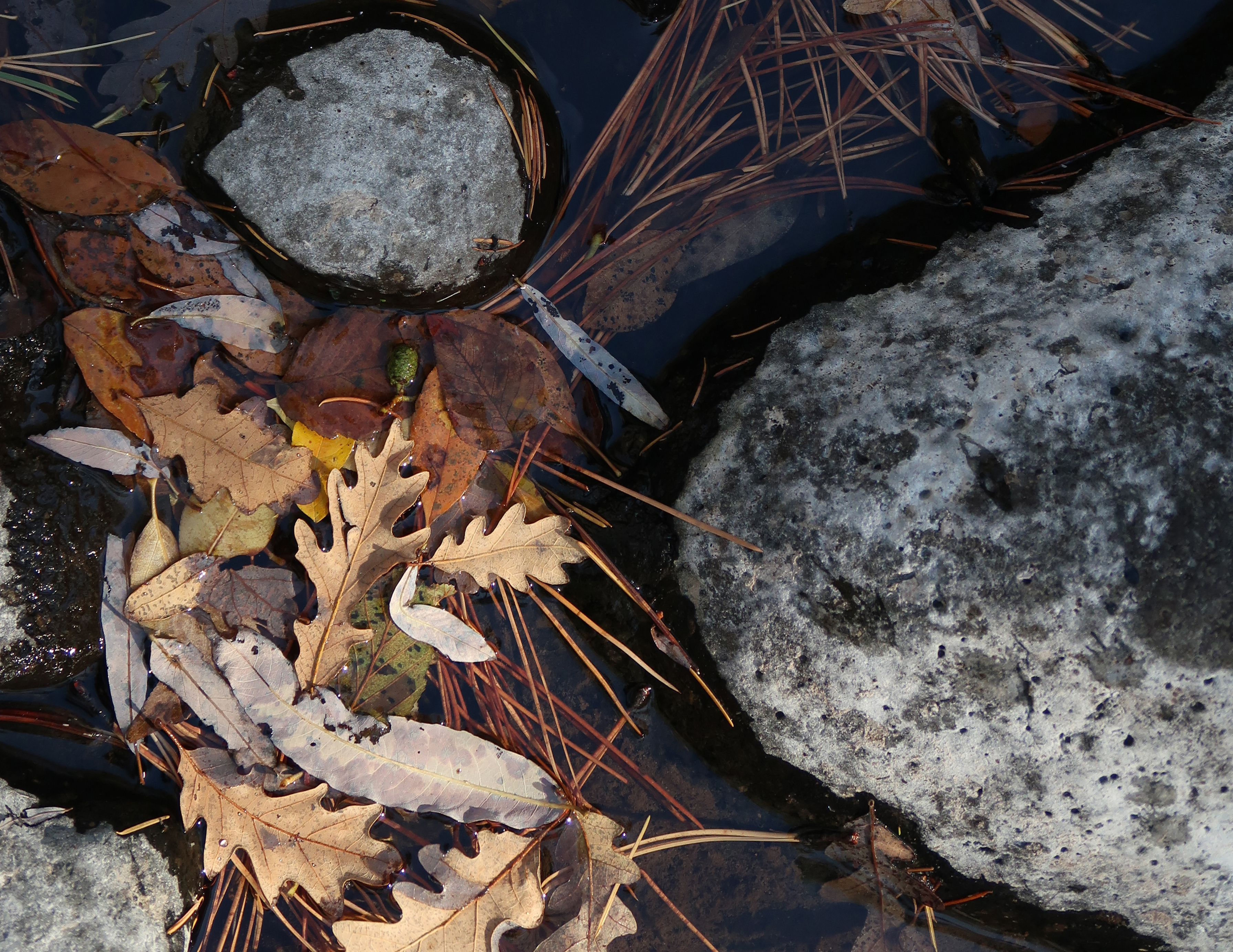
1 thought on “Angling”
Comments are closed.